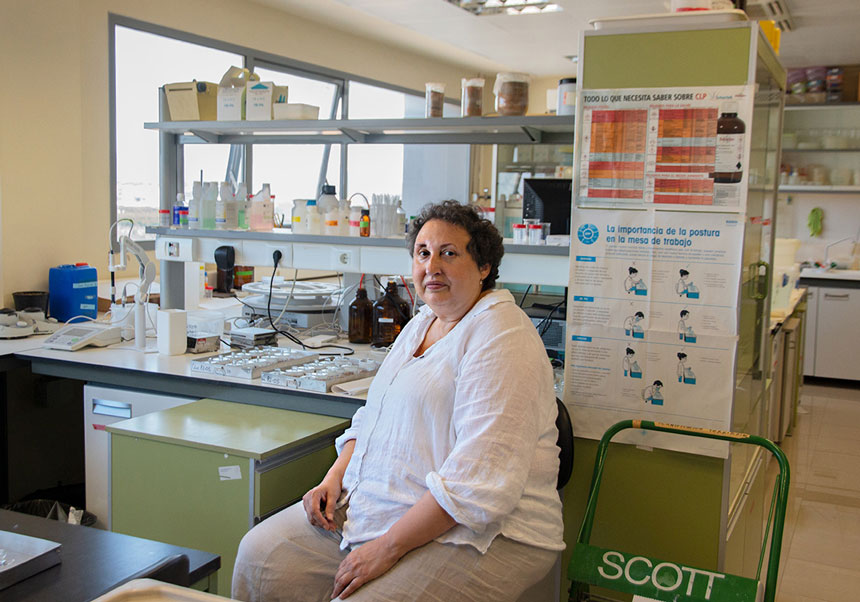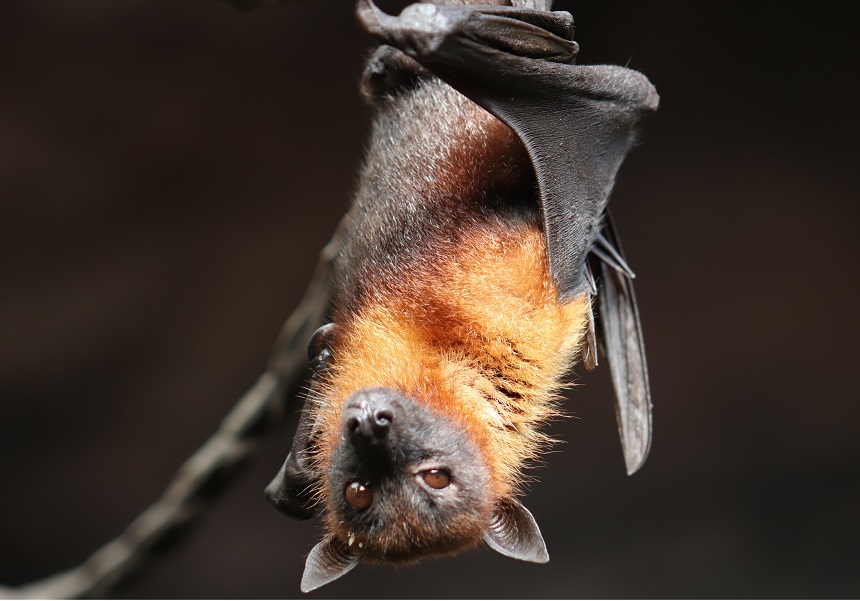Yolanda Picó: Tracking the footprint of pollution

Yolanda Picó is Full Professor of Nutrition and Bromatology at the University of Valencia and protagonist in «Science spaces» of Mètode.
My name is Yolanda Picó, I work at the Desertification Research Centre (CSIC-UV-GVA) and my line of research focuses on the analysis of emerging pollutants, both their concentrations in the environment and their effects on biota. The determination of pollutants is based on the use of analytical techniques such as passive sampling and high-resolution mass spectrometry systems, which can be used to profile pollution and find out everything that is happening in the environment. On the other hand, for the effects on biota, we use metabolomics techniques. We are carrying out tests in the laboratory and, in the future, we want to carry them out directly in the environment, exposing aquatic fauna to pollutants, seeing the changes they cause, and checking whether this fauna has been exposed to excessive levels of pollutants.
At the moment, our research is very focused on the study of wetlands, especially those on the Mediterranean coast, because of their interest in terms of biodiversity, which is being lost. We are currently studying the Prat de Cabanes in Torreblanca, the Pego-Oliva marshes and La Albufera. These three wetlands have some characteristics in common, but they are also very different, and this gives us an idea of how the dynamics of pollutants affect these ecosystems. Another important point is how climate change can affect the dynamics of these pollutants within the ecosystems.

All pollutants have known effects on humans, but there are no longer the major accidents of the past, when a highly concentrated pollutant reached a city and caused significant mortality, not only of animals but also of humans. Today’s effects are more complicated to see, but they have many implications. For example, some pesticides can have long-term effects on reproduction and other harmful effects.
This article was originally published in Mètode, the science journal of the University of Valencia.















